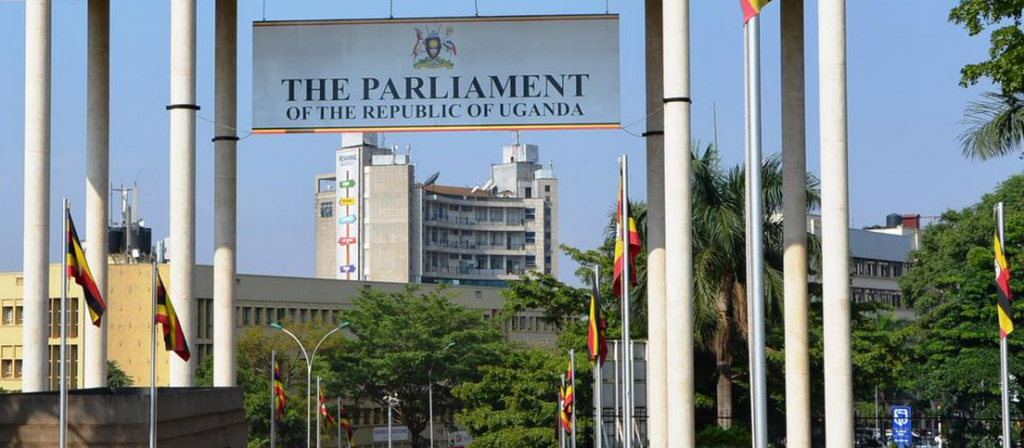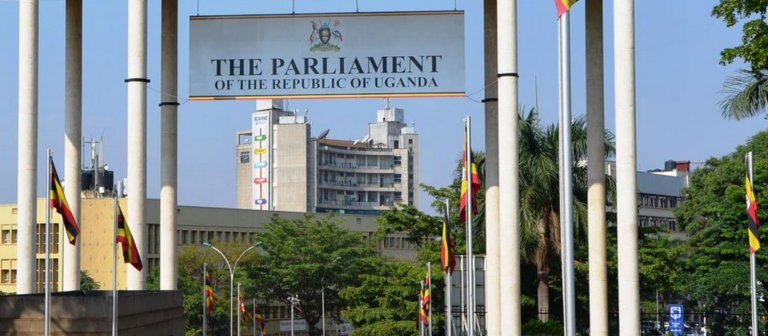
Members of Parliament in a sitting yesterday, Tuesday 30th May 2017, authorised the government of Uganda to borrow US$ 9.54 million from the African Development Bank Group (AFDB) as a supplementary loan for the interconnection of electric grids for the Nile Equatorial Lakes Countries (NELSAP).
Legislators, however, expressed reservation about borrowing money to extend electric grids to the region, yet many parts of Uganda lack electricity.
The MPs were responding to the National Economy Committee report presented by the Vice Chairperson, Hon. Lawrence Bategeka (Hoima Municipality), which recommended that government takes the loan.
The Committee recommended that the government takes the loan, bearing in mind the high investment that has already been made by the government in the power sector.
A Motion for a resolution on the above issue had been earlier moved by the Minister of State for Finance, Hon. David Bahati.
Hon. Mathias Mpuuga (Masaka Municipality) said that there was a general consensus to take power to the people in the rural areas, yet government seems to be taking a different direction.
“We are in a hurry to extend power across the border, yet we have a challenge with people accessing power locally; we also have excess power being generated. We have loans financing projects that are incomplete and there are still serious problems with loan absorption in the government,” Mpuuga said.
Gideon Onyango (Samia Bugwe North) added that it is understandable for the government to borrow money especially for important projects like these and that the permission should be granted.
“Tororo substation is located in my constituency but most of the sub-counties in my constituency have no access to money; we cannot borrow money to finance regional electrification when the people paying taxes have no access to power. We need statistics on how electricity is being generated and supplied,” Onyango said.
Furthermore, Hon. Centenary Franco Robert (Kasese Municipality) noted that Uganda is in a debt distress of enormous amounts of money and caution needs to be taken when borrowing.
“It will take us 40 years to clear these loans and we are making it difficult for the future generation because they have to work hard to cover up all these loans: we need a specific requirement plan of energy as well as renewable energy,” Centenary said, adding that, “If we continue borrowing that money we shall reach a point where we need the money but cannot access it; I would prefer a loan for the development of the road network and agriculture over anything.”
However, in response, Hon. Bahati said that the good news for the people of Ngora and other areas which have not got electricity is that there is a plan to get a loan to extend power coverage. “We shall bring another loan facility for Parliamentary approval to cover all the sub-counties that have not been supplied with electricity so I ask you to bear with us,” Bahati said.
He added that Uganda’s current debt stands at US$ 8.5 million which is a sustainable foreign debt, and further noted that the government willl be able to pay off all debts when oil extraction commences.

